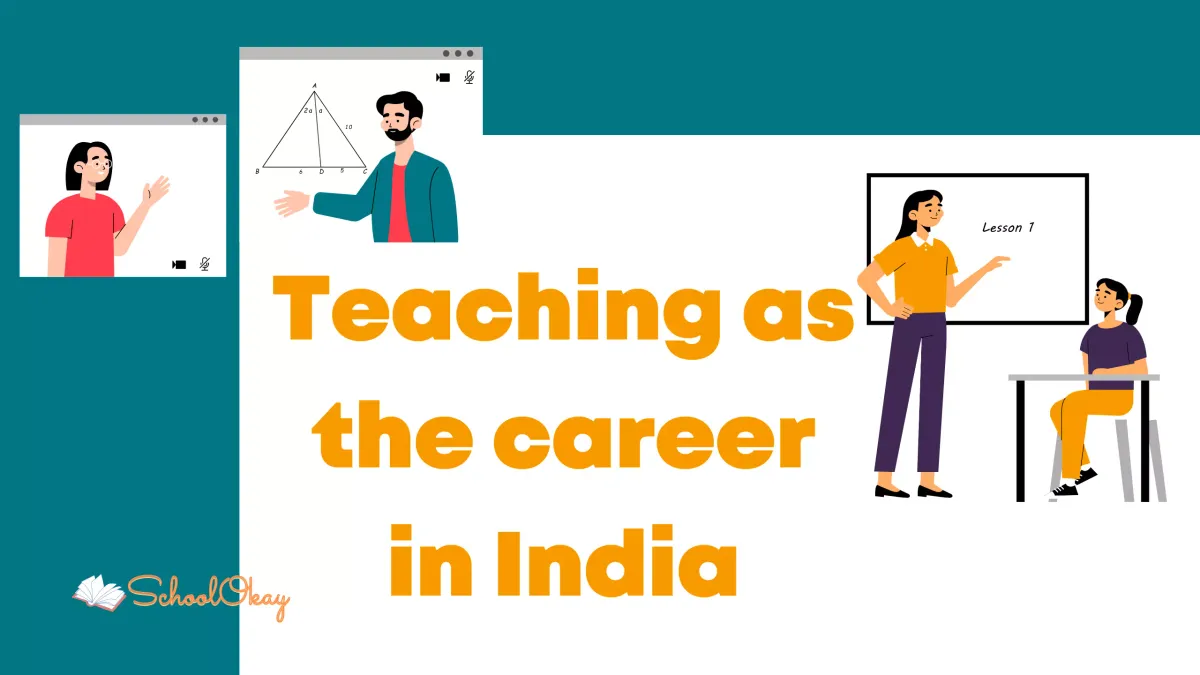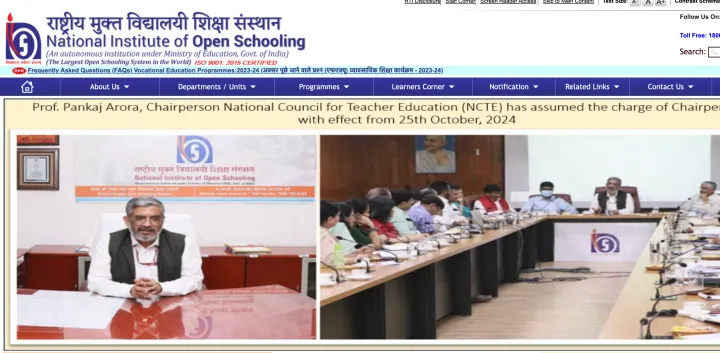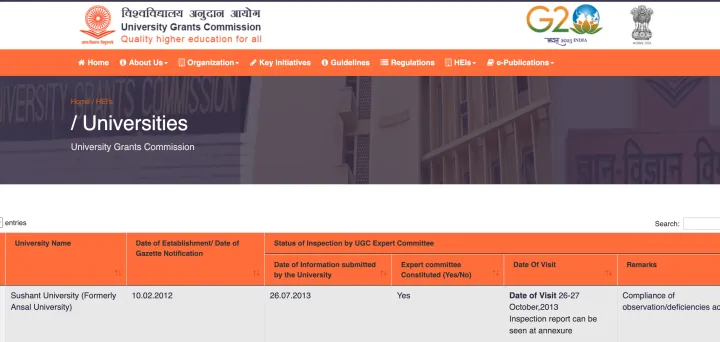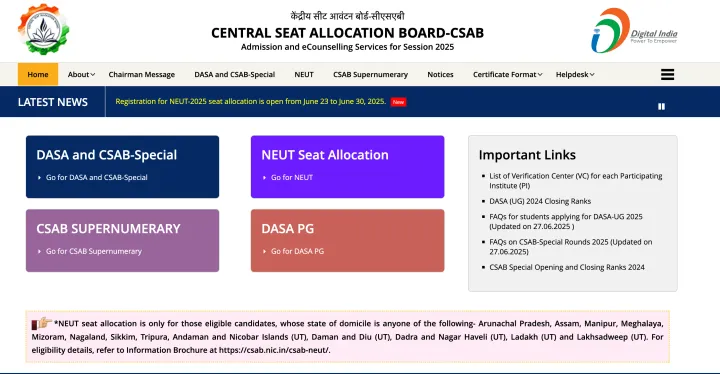Teaching as the career in India
Teaching can improve the mindset of an entire generation, so here are some ways that can help you choose teaching as a career in India.

Not many of us understand this, but teaching is the best way to pass on your thoughts to the next generation and improve the mindset of an entire generation, so here are some ways to help you choose teaching as a career in India.
The former President of India, Mr. Abdul Kalam, said: “Teachers are the backbone of any country, the pillar upon which all aspirations are converted into realities.”
Teaching, or as we call it, the Guru-shishya Parampara, has deep roots in the culture and heritage of India.
We have always emphasized the importance of teaching and teachers in human life. The place of a teacher is well-shown in the epics and books of the past. India has seen various phases of education introduced by different rulers and governments throughout history.
Teaching holds a noble position as a professional career in the country, and here in this article, we will explore what it means to be a teacher and how to become a teacher in India.
Eligibility to become a teacher
Many opportunities are available for those who want to pursue teaching after their 12th in India.
Education not only means teaching but also includes related aspects like curriculum-making, framework designing etc. There are lots of administrative aspects to the field of education as well.
Based on the expertise and the level of student one wants to teach, there are several ways one can be a teacher after their 12th.
- To teach as an elementary or nursery schoolteacher, one needs a Diploma in Education, also called D. El. Ed, a two-year diploma course required to teach nursery-level children. This includes teaching elementary concepts like the alphabet, numbers etc. With the growing competitiveness, the bachelor’s program is becoming more popular than the diploma programs.
- To teach Secondary level children, one needs to graduate in education and acquire a degree in Bachelor of Education or B. Ed. Since it is a graduate course, its duration is 3-4 years.
- This degree includes learning about the pedagogy practices in different subjects like the pedagogy of Social Science, Pedagogy of Mathematics etc. B. Ed. It can be pursued after acquiring a bachelor’s degree, like B.A or B.Sc.
- Nowadays, integrated programs like B. A B.Ed. or B.Sc. B. Ed is popular and in huge demand, providing exceptional opportunities to grow professionally as a teacher.
- Subjects in B. A includes history, geography, political science, Hindi, English etc.
- Whereas in BSc. It can be Chemistry, physics and mathematics.
- The advantage of doing an integrated bachelor’s in arts and a bachelor’s in education is that one can pursue a Master's in a subject of choice while holding a professional degree. This integrated course saves a year compared to doing the two degrees separately.
- After their bachelor’s, one can opt for a Master’s in Education or M. Ed and further go for PhD in education. Education as a field has vast opportunities like that of an educational researcher, counsellor, adviser etc.
The procedure of Colleges for a teaching career
Different colleges in the country offer various programs in the field of education. While some may take entrance exams like CUCET and DUET, the admissions for such programs are also made on merit.
NCERT has five colleges under it in the country that specifically educate the teacher trainees under the name "regional Institute of Education". Admission to these colleges is made through a Common Entrance Exam and the qualifying marks in class 12th and equivalent, after which the selected list is out.
Usually, the admission eligibility criteria remain at passing marks with more than 55% from a recognized board or Institution in class 12th for obtaining and entering a B. Ed undergraduate course.
Some of the higher institutions that provide B.Ed. Programs are under Delhi University, Mumbai University, etc. Along with regular courses, a correspondence course in B.Ed is also offered by IGNOU, Annamalai University, Madras University etc.
The nature of the study makes it easy to pursue the B.Ed. as the course includes not only pedagogical practices but also child psychology, gender studies, peace studies, sociology and understanding society and its growth from a bigger and more complex perspective.
What it means to be a teacher
Education has always been an essential field in the country regarding the nature of the job. As a teacher or educator, one gets to develop professionally and personally.
Since teaching involves dealing with many people from different backgrounds, it increases a person's adaptability and helps them understand how one should work as a team.
Since the job involves children, one must have moral values and standards since students always look up to them. Teachers stay with students from a younger age and make lasting bonds, increasing their social circle.
As a teacher, one is also updated with the trends and happenings of the world and the environment around them. With the growing competition, it also becomes necessary for the teacher to keep up to date with the knowledge they have so that they do not lack behind.
In our country, even when the values attributed to the teaching profession are considered, it remains neglected among other developing careers. Fewer salaries and unsupportive school and social environment are one of the reasons that have led to the undervaluing of teaching as a career.
Role of Teacher in New Education Policy 2020
With the New Education Policy 2020, there has been a change in the outlook of teaching as a career. The importance of teachers has been continuously highlighted in the country’s education commissions, from the Kothari Commission of 1966 to the present New Education policy.
For the development of the teachers, the policy gives in detail about the pedagogical practices that need to be implemented, setting up of National Professional Standards for Teachers called (NPST), conduction of a National Curriculum Framework for Teacher Education which will focus on the aspects of education and the dealing with a shortage of teachers by schools.
At the same time, teachers of traditional arts gain importance, focus remaining on their career management and skill development.
The government is also planning to introduce the Integrated Teacher Development Programme with a dual-major bachelor’s program like B.A with B.Ed. or B.Sc. with B.Ed.
Conclusion
Teaching was, and remains, a growing field, with lots of scope for innovation and development. With the inclusion of new methods and policies, the value of teaching as a career has gained importance and continues to evolve in terms of its vastness and global outreach.
Becoming a teacher comes with lots of opportunities. At the same time, responsibilities, but these aspects make becoming a teacher after the 12th most important and exciting since it makes the teacher an active member of society with the power to make positive changes.
Also read:
Career counselling and the ethics of career counselling.
Discover all the options: Physics as a career.
Share and subscribe to the blog by email.




Comments ()